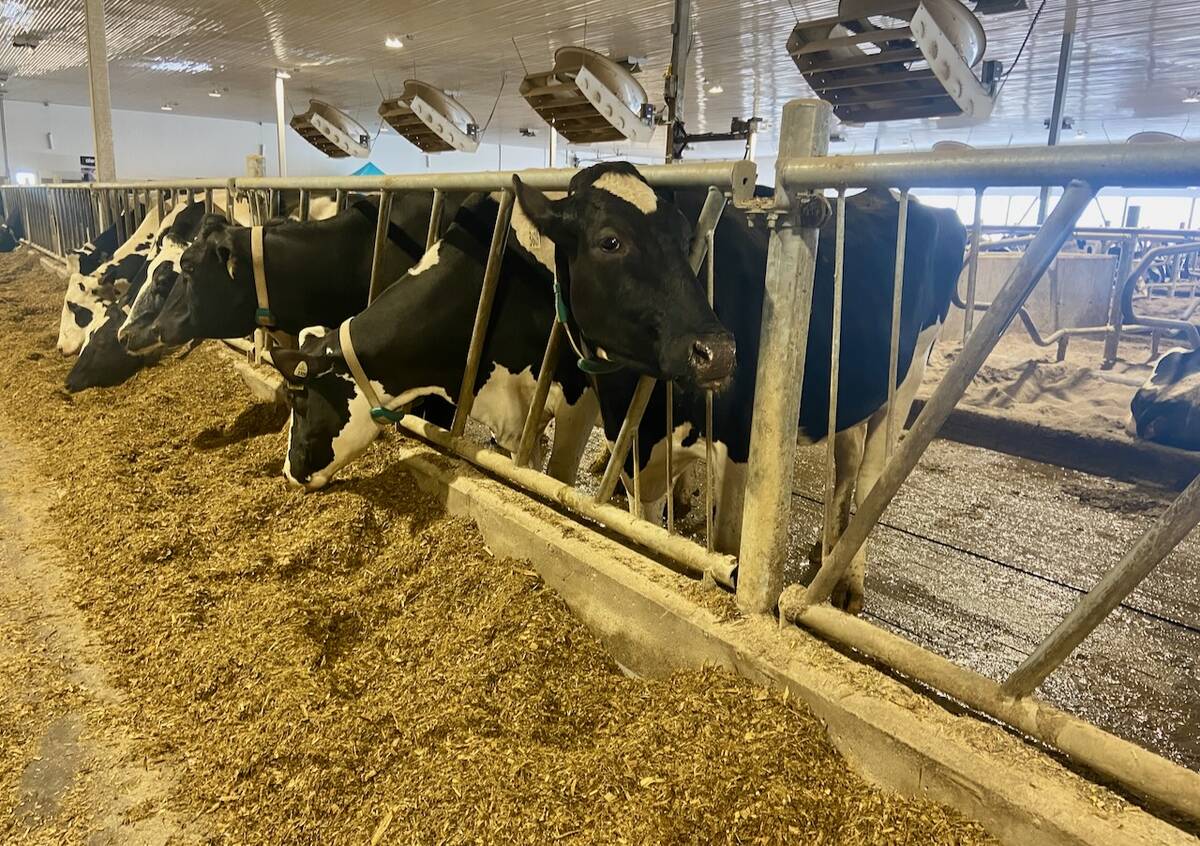WALDHEIM, Sask. – The steady rain saturating the ground at Kim and Carsten Mildenstein’s family farm starkly contrasts with the last two drought years in this central Saskatchewan region.
Such unco-operative weather fails to dampen the family’s optimistic outlook about their move to Saskatchewan from southern Alberta.
Kim said recent hard times in farming reminds both of them to keep focused on family and friends and why they chose to farm.
“Our future is wide open. We are very optimistic,” said Carsten. “We try to focus on the positive.”
Read Also

U.S. farm group supports supply management
U.S. grassroots farm advocacy group pushing new agriculture legislation that would move towards supply management like Canada has for dairy industry
The family direct seeds wheat, peas and canola on 3,000 acres of largely rented land.
“That’s more practical than owning,” said Carsten.
A joint venture with a close neighbour and friend allows them to share equipment and expertise and take a percentage from the operation based on each one’s contribution.
Co-operating with the neighbours in farming also allowed them to fit into the community.
The Mildensteins hosted suppers at their home to make friends, share information and build networks with other young farmers, bankers and accountants. Building friendships in the region is important to the couple, whose families are a day’s drive away.
“We wanted to create a community and create a home here,” said Carsten, who was raised on a mixed farm in Germany.
They also wanted their two preschoolers to experience the farm life they grew up with, so they added horses and poultry to the farmyard.
“The kids pick up so much when they’re on the farm. You can’t get that out of a university degree,” said Kim.
Both Mildensteins, now in their 30s, are university graduates who decided to give up careers in social work and banking to return to their farming roots.
“We both decided the office was not where we wanted to be all day long,” said Carsten.
Saskatchewan offered affordable land that fit with their business plan, which includes getting as much as possible from every acre farmed.
That means paying close attention to the details of marketing, attending agricultural meetings in the winter months and farming sustainably with zero till.
The couple settled on Waldheim after looking at productive areas, annual rainfall, schools and roads. The town’s close proximity to the Saskatoon job market was also considered for possible off-farm income.
They have extensively reshaped the landscaping on the home quarter, added shelterbelts, refurbished outbuildings and expanded their business to include a mobile seed cleaning plant for income in the off-season.
Feeder pigs will one day return to a fabric-covered barn in the yard when livestock prices improve, say the Mildensteins.
They bought some cattle in Alberta for their boys because there is little pasture near the farm and plan on adding specialty crops in future.
“We’re always thinking about something else,” said Carsten. “We will take advantage of any opportunity coming along.”














